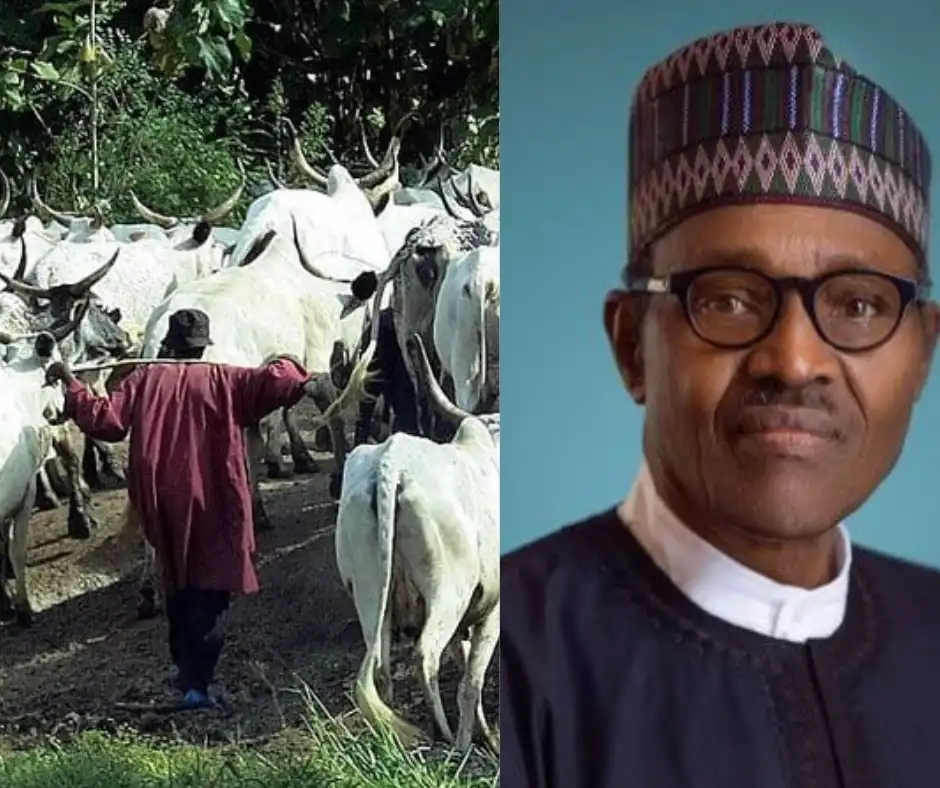Muhammadu Buhari (17 December 1942 – 13 July 2025), a name etched into Nigeria’s historical fabric, emerges from humble beginnings that shaped a legacy of discipline and authority.
He was born on December 17, 1942, in the sun-scorched plains of Daura, Katsina State, into a Fulani family as the 23rd child of his father.
His early life was a testament to resilience amid simplicity, raised in a pastoral community where cattle herding and Islamic values reigned.
Buhari’s youth was molded by the rugged traditions of the Fulani, instilling a sense of duty that would define his path.
Early Years and Military Ascendancy
The young Buhari’s entry into the Nigerian Army in 1961 marked the beginning of a transformative ascent.
Coming from a background where education was a privilege, he embraced military training with fervor, rising through the ranks with a reputation for integrity and stern resolve.
His career reached a pivotal moment on December 31, 1983, when he led a military coup, overthrowing the civilian government to become the Military Head of State of the Federal Republic of Nigeria.
This period, lasting until August 1985, showcased his unyielding stance against corruption and economic mismanagement.
With decrees like the War Against Indiscipline, he sought to restore national pride, though his authoritarian approach drew both admiration and criticism.
His ouster in a counter-coup did little to dim his stature, laying the groundwork for a future return to power
Political Journey and Titles
Buhari’s political journey began in earnest with his transition to civilian leadership.
He ran for the Presidential post for the first time in 2003 under the All Nigeria People’s Party (ANPP).
Buhari was defeated by the People’s Democratic Party incumbent, Olusẹgun Ọbasanjọ.
He contested again, in 2007 election but lost to the ruling PDP candidate, Umaru Yar’Adua.
After multiple unsuccessful bids, he secured the presidency as the President of the Federal Republic of Nigeria and Commander-in-Chief of the Armed Forces following his 2015 election victory under the All Progressives Congress (APC), defeating incumbent Goodluck Jonathan.
Re-elected in 2019, he served as President until May 29, 2023, when he handed over to President Bola Tinubu.
Throughout his tenure, he held titles such as Grand Commander of the Federal Republic (GCFR), Nigeria’s highest honor, reflecting his dual legacy as a military and democratic leader.
He also served as the Minister of Petroleum Resources in an interim capacity from November 11, 2015, to July 7, 2016, following the resignation of Diezani Alison-Madueke.
A Legacy Forged in Service
Buhari’s military tenure, though brief, left an indelible mark, reflecting a man shaped by his Fulani heritage and military ethos.
His early life’s hardships and the discipline of army life forged a leader whose influence extended into Nigeria’s democratic era.
Today! we celebrates that journey—from Daura’s pastures to the Barracks and the Presidency—highlighting a biography of grit and governance that continues to resonate in Nigeria’s narrative.























